To see all the articles we publish for primary teachers, please see our CPD Articles for the Classroom.
Getting Into and Staying in the Growth Zone
Models in Mind
This article looks at how models support mathematical thinking about numbers and the number system
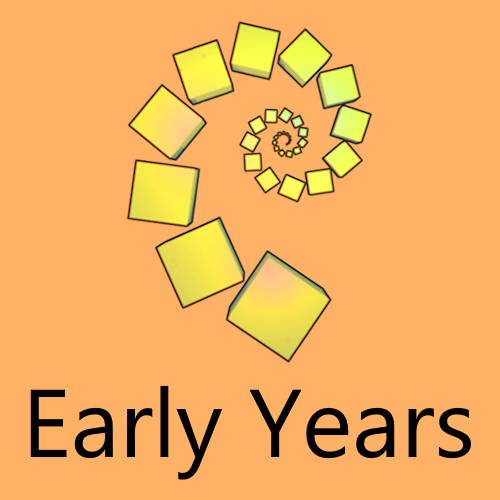
Early Years Mathematics: How to Create a Nation of Mathematics Lovers?
In this article, Dr Sue Gifford outlines how we can create positive attitudes and higher achievement in mathematics, starting in the Early Years.
Using Dice Games in the Classroom
This article outlines some of the benefits of using dice games in the classroom, especially as a tool for formative assessment.
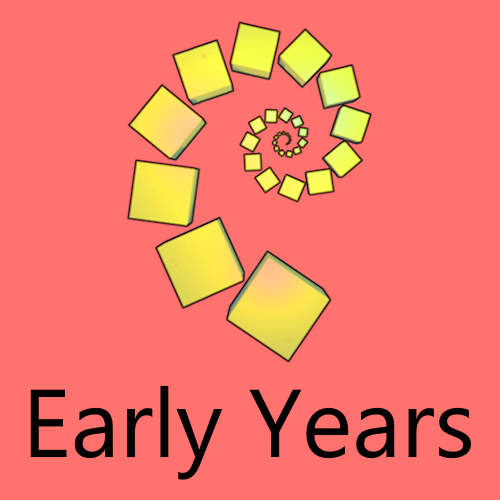
Young Children's Mathematical Recording
In this article, Janine Davenall reflects on children's personalised mathematical recordings as part of a small research project based in her Reception class.
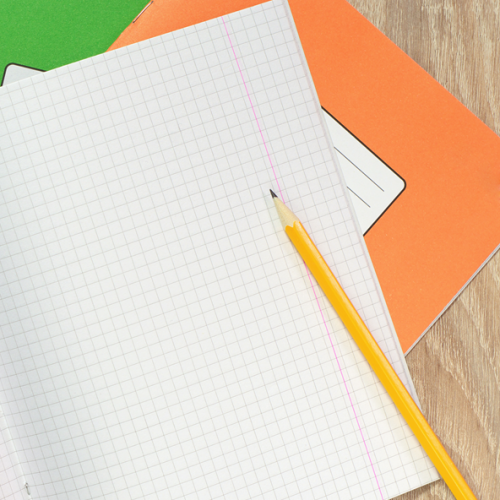
Primary Children's Mathematical Recording
This article for teachers outlines different types of recording, depending on the purpose and audience.
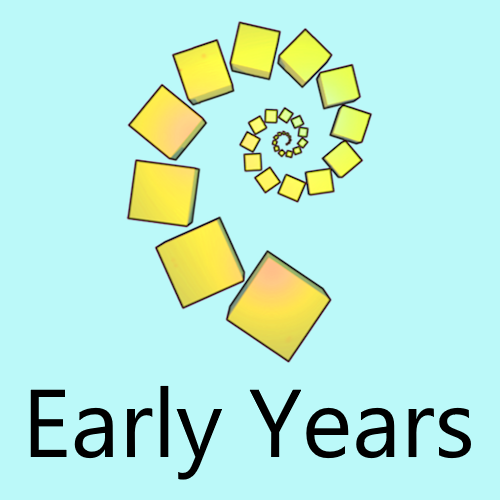
Developing Pattern Awareness With Young Children
This article explores the importance of pattern awareness with young children.

New Building Blocks: A Review of the Pilot Early Learning Goals
This article discusses the revised Early Learning Goals for mathematics which were announced in June 2018.
Early Number Sense
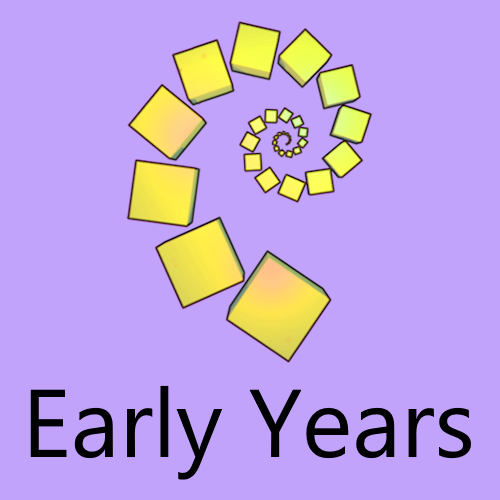
A Good Foundation for Number Learning for Five Year Olds?
This article, written by Dr. Sue Gifford, evaluates the Early Learning Numbers Goal in England, in the light of research.
Using Dice Here and There
Bernard's article reminds us of the richness of using dice for number, shape and probability.
The Problem-Solving Classroom
This article for teachers outlines issues to consider when developing an environment in which problem solving can thrive and links to a range of related NRICH tasks.
Group-Working Skills
This article for teachers suggests a range of activities to help children get better at working in groups.
Hidden Gems: Tasks to Celebrate Our 20th Birthday
Group-Worthy Tasks and Their Potential to Support Children to Develop Independent Problem-Solving Skills
In this article for teachers, Jennie Pennant outlines how group-worthy tasks support the development of children's problem-solving skills.
Using NRICH Solutions as a Resource
In this article for primary teachers, we suggest ways in which children's solutions on the NRICH site can be used as a teaching resource in their own right.
Developing a Classroom Culture That Supports a Problem-Solving Approach to Mathematics
This article offers you practical ways to investigate aspects of your classroom culture.
NRICH at Every Stage
Whether you are reflecting on the mathematical developments children have made over the year, or thinking about activities for a transition day this article offers plenty of ideas and tasks to support you.
Low Threshold High Ceiling - An Introduction
Manipulatives in the Primary Classroom
Exploration Versus Calculation
Developing Number Fluency - What, Why and How
In this article for primary teachers, Lynne McClure outlines what is meant by fluency in the context of number and explains how our selection of NRICH tasks can help.
Using Digital Manipulatives and Interactivities to Develop Curiosity
Maths Trails - Encouraging Purposeful Outdoor Learning
Pupils' Recording or Pupils Recording
Place Value as a Building Block for Developing Fluency in the Calculation Process
Nurturing Successful Mathematicians
Opening Out
Bernard Bagnall describes how to get more out of some favourite NRICH investigations.
Take Some ... Cubes
Children's Mathematical Writing
What's X Got to Do With It?
By following through the threads of algebraic thinking discussed in this article, we can ensure that children's mathematical experiences follow a continuous progression.
Working With Higher Attaining Mathematicians
Using NRICH Tasks to Develop Key Problem-Solving Skills
This article, written for primary teachers, discusses what we mean by 'problem-solving skills' and draws attention to NRICH tasks which can help develop specific skills.
Creating a Low Threshold High Ceiling Classroom
This article explores the key features of a Low Threshold High Ceiling classroom.
Using National Young Mathematicians' Award Tasks to Develop Problem-Solving and Group-Working Skills
This article for primary teachers uses National Young Mathematicians' Award tasks as contexts in which to develop learners' problem-solving and group-working skills.
